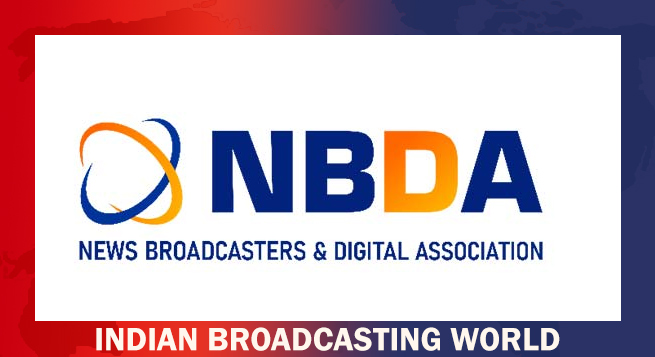The News Broadcasters & Digital Association (NBDA), representing 28 leading news and digital broadcasters in India, has submitted critical comments on the Draft Broadcasting Services (Regulation) Bill, 2023, expressing strong reservations on various proposals in the draft rules.
For starters, in its submission on the Broadcast Services (regulations) Bill 2023, NBDA has pointed out that regulating OTT services as traditional broadcasting services would amount to “treating dissimilar/unequal services in a similar manner/equally, which would not only be arbitrary and discriminatory”, but would also be violative of Article 14 of the Constitution.
NBDA noted: “The Draft BSR Bill overlooks several fundamental distinctions between these services (OTT and linear TV) based on the very nature of the applicable regulatory and technology framework, business practices, and nature of relationship with consumers. Further, no prior study or impact analysis was conducted to ascertain the feasibility of treating OTT services as broadcasting services and whether the same would potentially result in censorship or overregulation and be detrimental to the ease of doing business.
“Since the content disseminated by OTT services is already regulated by and under the Information Technology (Intermediary Guidelines and Digital Media Ethics Code) Rules, 2021, MIB should avoid regulatory overlaps under the Draft BSR Bill, which will only lead to duplication (and increase) of compliance liability for stakeholders.”
According to a NBDA statement, the association raised objections to the Bill’s excessive delegation of powers to the Central Government, emphasizing potential ambiguity and arbitrary regulatory use.
Some of the areas of areas of concerns, highlighted by the NBDA, are as follows:
- Excessive delegation of powers.
- Inclusion of OTT and digital news content.
- Vague definitions and ambiguous provisions.
- Three-tier regulatory structure.
- Self-certification by content evaluation committee.
- Stringent penalties
- Power of the Central Government to prohibit transmission of programmes or operation of broadcasters or broadcasting networks.
NBDA criticized vague definitions and ambiguous provisions in the Bill, expressing concern that broad terms could lead to misuse and unconstitutional restrictions on freedom of speech. The association opposed the proposed three-tier regulatory structure and the self-certification process, citing the potential “chilling effect” on expression.
The draft BSR Bill’s imposition of the Programme Code and Advertisement Code came under scrutiny, with NBDA contending that their vague terms could discourage diverse perspectives. The association argued for legislative prescriptions over rules for content regulation to ensure compliance with constitutional principles.
Expressing apprehensions about stringent penalties and pre-broadcast certification, NBDA called for a reconsideration of the proposed measures, emphasizing their adverse impact on the industry’s ease of doing business. Additionally, the association urged the Ministry of Information & Broadcasting to upload stakeholders’ comments for transparent policy formulation.
NBDA concluded by suggesting that the Draft BSR Bill represents an opportunity to revisit existing policies, advocating for a light-touch regulatory approach.
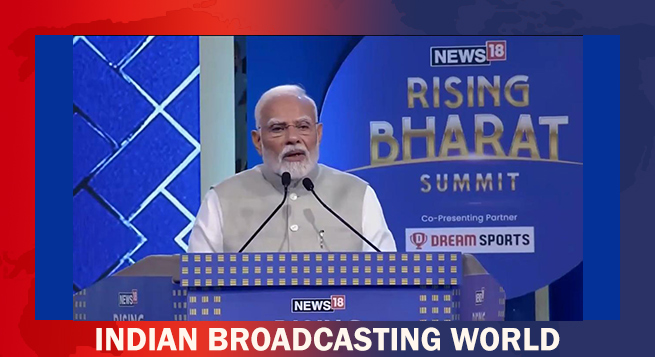 PM Modi: WAVES will empower Indian content creators go global
PM Modi: WAVES will empower Indian content creators go global 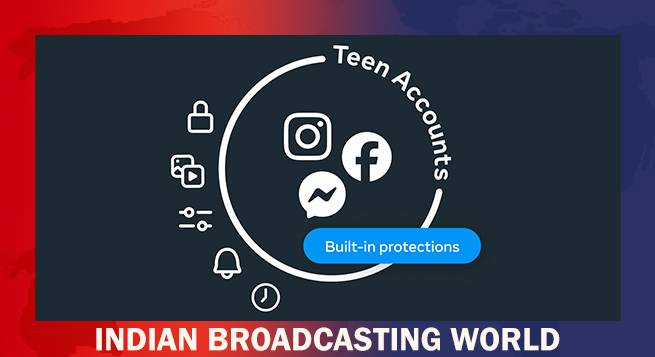 Meta rolls out ‘Teen Accounts’ feature to FB, Messenger
Meta rolls out ‘Teen Accounts’ feature to FB, Messenger 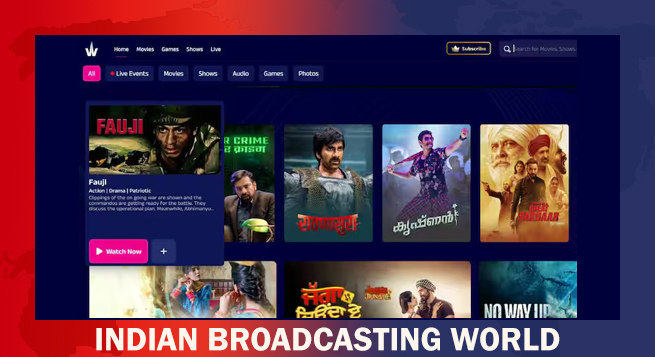 Govt. says pvt. sector TV channels can ride pubcaster’s WAVES
Govt. says pvt. sector TV channels can ride pubcaster’s WAVES 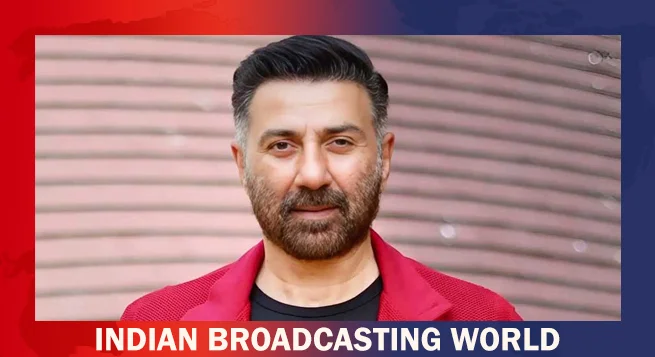 Sunny Deol says ready for fresh starts with streaming projects
Sunny Deol says ready for fresh starts with streaming projects  Prime Video drops official teaser for ‘Culpa Nuestra’
Prime Video drops official teaser for ‘Culpa Nuestra’ 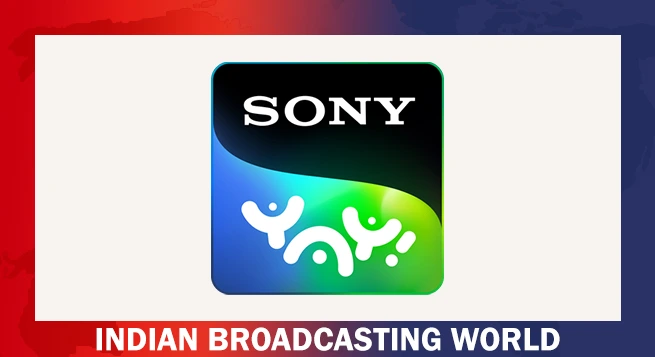 Sony YAY! premieres Jujutsu Kaisen on April 15
Sony YAY! premieres Jujutsu Kaisen on April 15 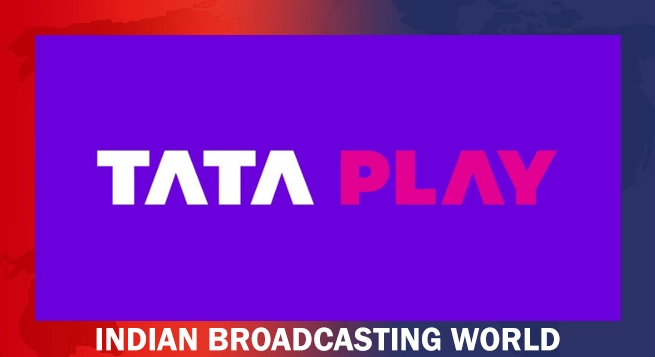 Tata Play Binge announces IPL-related fare
Tata Play Binge announces IPL-related fare 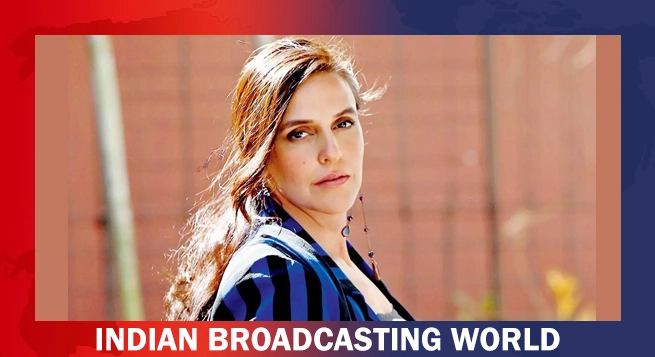 Neha Dhupia, Assam Police launch ‘Don’tBeASharent’ initiative
Neha Dhupia, Assam Police launch ‘Don’tBeASharent’ initiative 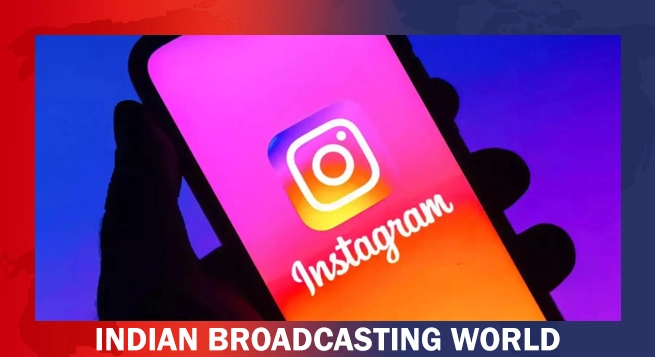 Instagram tests locked reels for exclusive content sharing
Instagram tests locked reels for exclusive content sharing 


